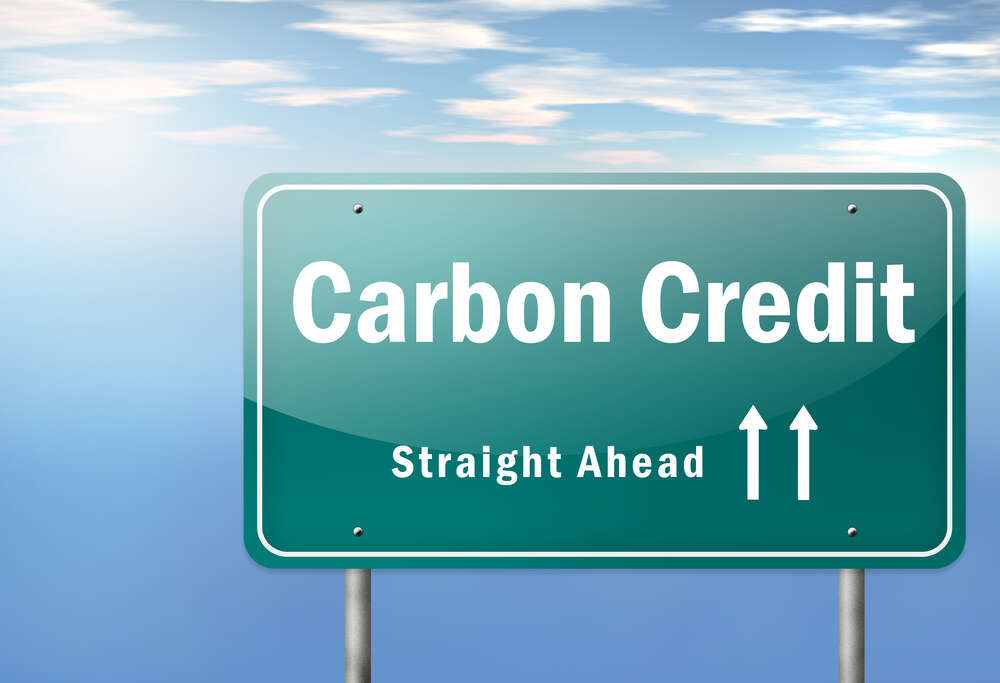

- Investment into carbon credit projects has slowed, with only $3bn in future investment committed.
- The voluntary market has filled the gap left by the absence of government.
- The way to restore credibility in the voluntary carbon market is greater transparency.
Confidence in the voluntary carbon markets remains shaky. At the beginning of September, Shell was the latest large company to join firms like Gucci, Leon and Nestlé to withdraw from carbon offsets amid concerns many have no environmental impact. The sector has struggled all year. In January, an investigation by Britain’s The Guardian, German weekly Die Zeit and non-profit investigative journalism organisation SourceMaterial, found that more than 90% of the rainforest offset credits approved by Verra, the world’s leading carbon standard for the voluntary offsets market, were largely worthless.
An article in the journal Science at the end of August found that most projects have not significantly reduced deforestation. And for projects that did, reductions were substantially lower than claimed.
Even though there have been some sparks of life – they were central to discussions at Africa’s first climate summit in Kenya in late September – doom-mongers have gone as far as to say that the market is broken.
Investor wobbles
The uncertainty has hit investments in carbon credit projects. In a report in mid-September, specialist data, analysis and advisory firm Trove Research found that investment into carbon credit projects between 2012 and 2022 totalled $36bn, with half of this occurring in the last three years. Only $3bn in future investment has already been committed.
Speaking at last week’s Economist Impact’s Countdown to Cop28 conference, Christy Goldsmith Romero, commissioner of the US Commodity Futures Trading Commission admitted that “there’s not a lot of confidence in this market right now”.
The finger of blame is pointed squarely at a lack of government support.
“I don’t think governments around the world have reached consensus on this question,” admits Noah Deich, deputy assistant secretary for carbon management at the US Department of Energy. He characterises the market at the moment as a “fluid situation”.
Because of the absence of any government presence, the voluntary market has had to fill the gap.
“The reason a voluntary market is important is because there are some major jurisdictions that don’t have a political will to get mandatory carbon markets in place,” confirms Dirk Forrister, president and chief executive of the non-profit organisation International Emissions Trading Association (IETA).
Investors and customers have turned to corporates to do what is required under the Paris Agreement. It is not ideal and as Deich admits, it is “nowhere close to being a substitute for ambitious action”. But for all of the criticism, the voluntary markets have stepped up.
“Some people miss is corporates are bringing additional mitigation to the table. Nobody is requiring these companies to spend the kind of money they have done,” says Forrister.
How to restore credibility
One way to get carbon trading back on track is greater transparency.
“There’s a complete lack of comparable transparent data,” says Romero. “The market doesn’t really know whether something is a high-quality credit or not. If the market were able to do that then there might be greater confidence.”
As a result, she continues, the market is just settling for the lowest common denominator.
Perhaps unsurprisingly given her position, Romero calls for regulated markets.
“When you have a regulated market with products traded on exchanges, you get greater transparency and better price discovery,” she says. The pricing separates out the carbon credits that are quality and those that aren’t.
At the very end of June, the Commodity Futures Trading Commission announced an Environmental Fraud Task Force to combat environmental fraud and misconduct in derivatives and relevant spot markets.
It joins the United Nations agency the International Civil Aviation Organization which set up a programme called Corsia and the independent governance body the Integrity Council for the Voluntary Carbon Market which established the basic core carbon principles that they think each carbon crediting standard should rise to.
There has also been the rise of companies like goodcarbon which encourage the use of blockchain solutions. In a white paper published at the end of April, the World Economic Forum described digitising the voluntary carbon market as “the leading use case for blockchain innovations in the climate space”.
Certainly, Verra has been targeting high-tech benchmarking to regain its credibility. At the beginning of October, it released its first methodology in the voluntary carbon market that allows for the use of dynamic performance benchmarks and relies on remote sensing data to establish a project’s baselines and test its impact.
But more does need to be done before the cloud over the market is lifted.
“The scale of the voluntary market today is far too small and it will either have to grow considerably or we’re going to need policy to step in and fill that void because, at the end of the day, we’re talking about trillions of dollars of capital that are going to need to flow into this space to fully decarbonise the economy,” concludes Deich.
[Read more: Carbon credits could present an opportunity for Africa]





